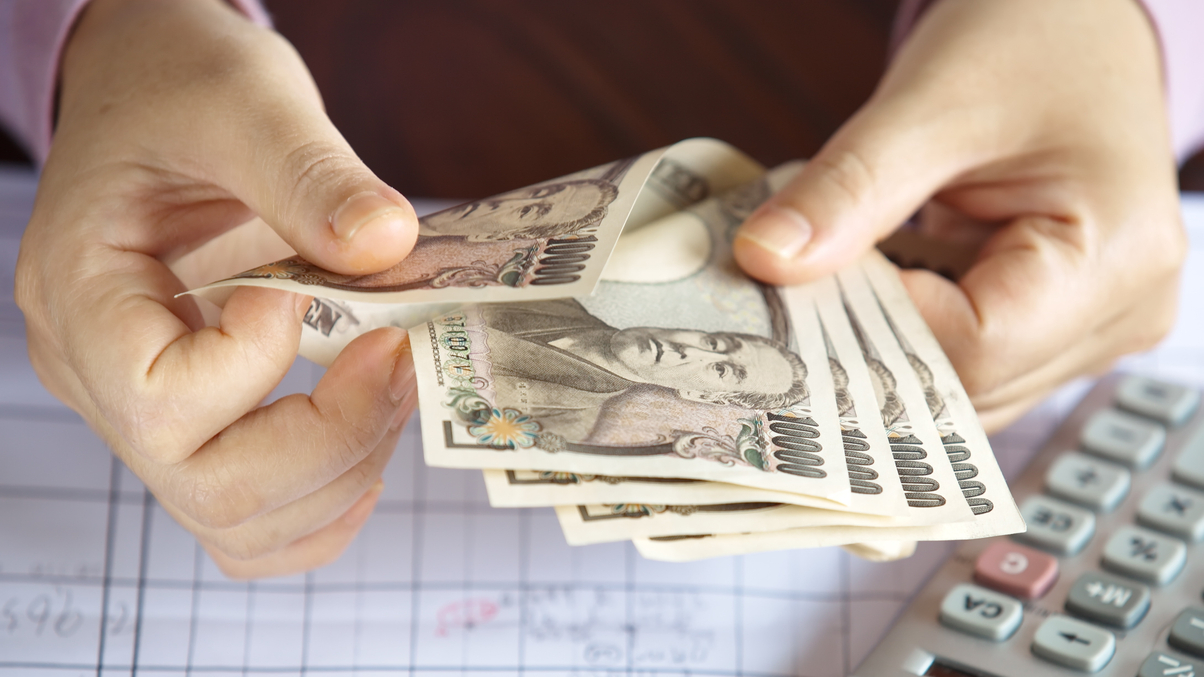Noritz pension fund gains from overseas investment strategy
The corporate pension fund has low exposure to Japan’s booming stock market, but the portfolio benefited from currency gains abroad, its CIO says.

Having a portfolio focused on overseas markets has proven to be profitable to date, and Noritz Corporate Pension Fund is stocking up on cash to take advantage of a potential global correction in 2024.
Sign in to read on!
Registered users get 2 free articles in 30 days.
Subscribers have full unlimited access to AsianInvestor
Not signed up? New users get 2 free articles per month, plus a 7-day unlimited free trial.
¬ Haymarket Media Limited. All rights reserved.


